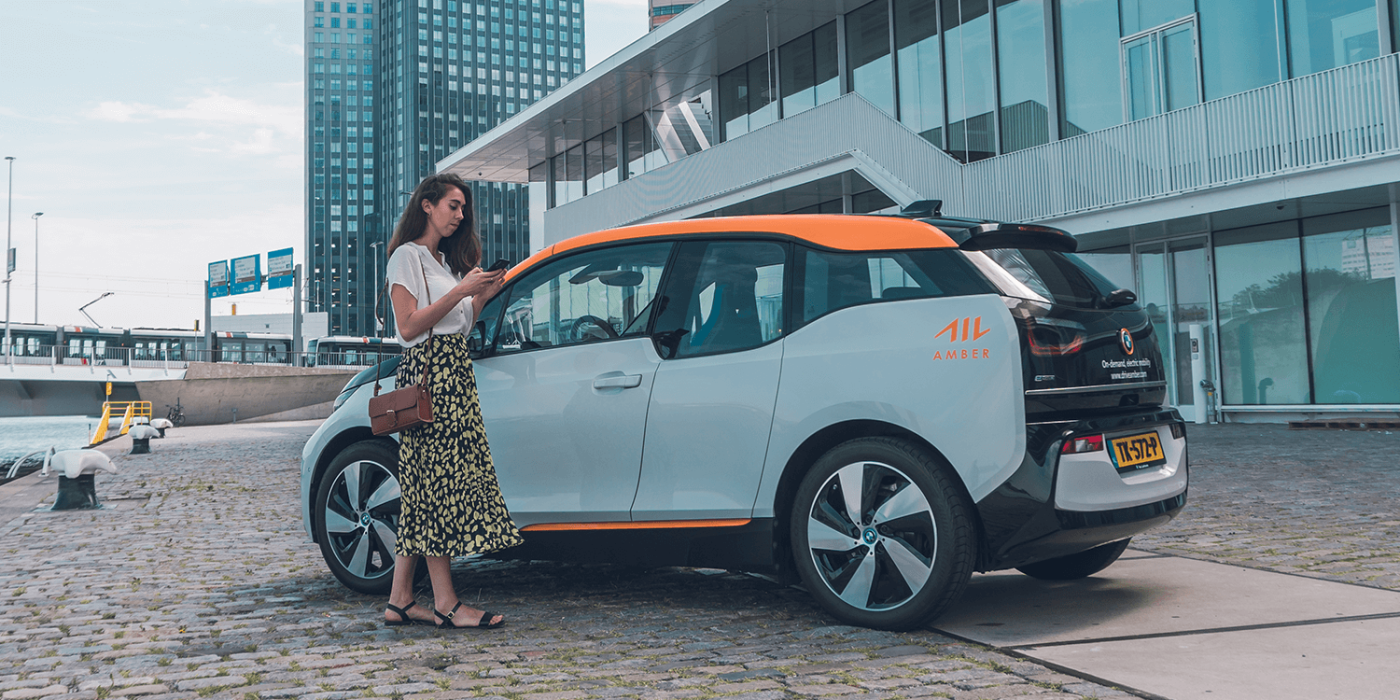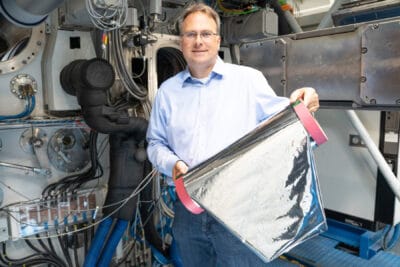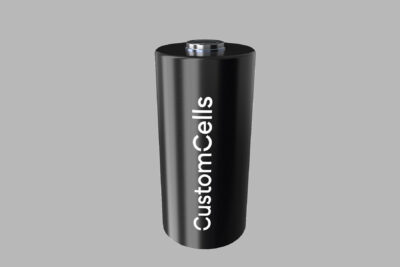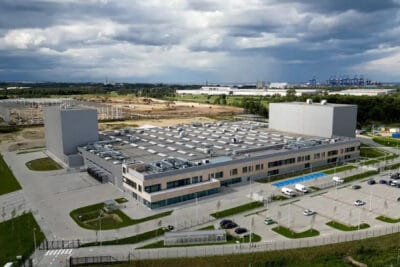Dutch research project to improve battery life cycle
In the Netherlands, the car-sharing platform Amber and research organisation TNO are studying the optimal use of electric cars. By collecting battery data from the Amber fleet, the partners want to find out whether fleet managers can organise car-sharing in a way that extends battery life long-term.
With the findings, the two partners not only want to prolong the sustainable use of the battery but also further reduce the operating costs of electric cars by extending battery life. According to the communication, the feasibility study will run until mid-June 2020. Thirty electric vehicles have been equipped with special measuring devices directly connected to the battery.
At present, Amber is focusing on factors such as availability, capacity utilisation and charge level to determine how a vehicle can be used or charged for its customers. Customers are offered a car that is sufficiently charged for their respective journey. In the test, the criteria for vehicle allocation are extended to include the battery age. The customer should then be offered the car (with sufficient charge, of course) that has the most extended battery life. By increasing the use of vehicles with “younger” batteries, the vehicle batteries should age more slowly on average over the entire fleet. This should also improve the estimation of the residual value of the battery at the end of the leasing contract.
“We know that electric cars will become more important in the coming years and that a lot of profit can be made by optimising battery consumption,” says project manager Roel de Natris of TNO, “We want to use the results of this study to help Amber and other stakeholders make more informed decisions”.
However, according to Joep Sloot, CTO at Amber, the targeted results are more helpful for fleet managers than for private BEV drivers. “As a car owner, you have a limited ability to influence the life of the car battery because you always want to be able to drive that car,” says Sloot. “As fleet managers, we have the advantage that we don’t always have to charge all the cars. We are therefore looking for such scenarios that help us to charge and offer the right cars at the right time.”
TNO and Amber do not go into detail about the car models used in the test, but the BMW i3 is mentioned at one point in the text. The electric vehicles should be “average in age, the intensity of use and distances travelled”. After the test period until mid-June, the project partners want to decide whether the data is sufficient for a concrete implementation in the Amber fleet.





0 Comments